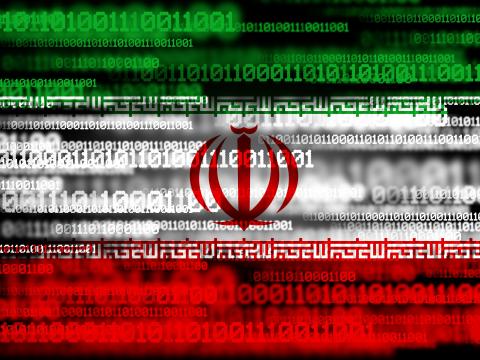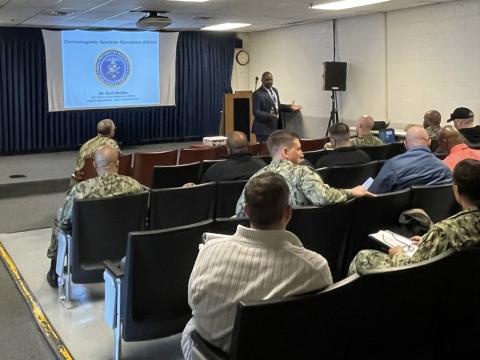Homeland Security Evolves With the Threat
More than seven years have passed since the 9/11 terrorist attacks, and much has changed. The
The terrormongers have neither been defeated nor silenced. While the
And that enemy is not the same as the one that struck
And the nature of these groups is changing. Instead of religious fanatics with a cult-like obedience to their master, many of them are emerging from backgrounds as varied as criminal extortion, drug smuggling and organized crime for profit. Their common ground is their targets: the Free World’s citizens, its economies and its infrastructures. It matters little if the destruction is for fun or profit; the devastating effect of a terror attack strikes at the very fabric of an open society.
The tools available to the terror menace are increasing in number and lethality. Weapons of mass destruction (WMDs) remain at the top of every Free World intelligence officer’s nightmare scenario. A recent study by the
While a WMD attack would have a “shock and awe” effect on the general public, a silent attack could have even more devastating consequences. That attack would come through cyberspace, and its effects could be broad and lasting. Much of the West’s critical infrastructure can be controlled online, and in many cases that control could be usurped by sophisticated cybermarauders. A coordinated attack on key elements of the public and private infrastructure could have the same effect as a bomb detonating amid a population center.
Directly attacking the infrastructure is not the only threat from cyberspace. Organized crime has been raiding financial institutions online for years, but their goal is pure profit—digital theft. If a terrorist group were to adopt the same methods, an organized broad-based attack could wreak havoc throughout the already reeling global financial system. The loss would go beyond money to the very confidence of the citizenry in its financial institutions.
So, instead of a top-down organization launching spectacular attacks designed to dominate the evening news, the next successful terror organization might be a loose confederation of local malefactors operating independently of traditional terror bosses. Deterring and preventing any type of terrorist act is not the sole purview of the military, of law enforcement or of the intelligence community. All of these elements must work in concert to counter future threats to the homeland. Success must not be allowed to lessen vigilance.
—The Editor
More information on homeland security is available in the January 2009 issue of SIGNAL Magazine, in the mail to AFCEA members and subscribers January 2, 2009. For information about purchasing this issue, joining AFCEA or subscribing to SIGNAL, contact AFCEA Member Services.




Comments